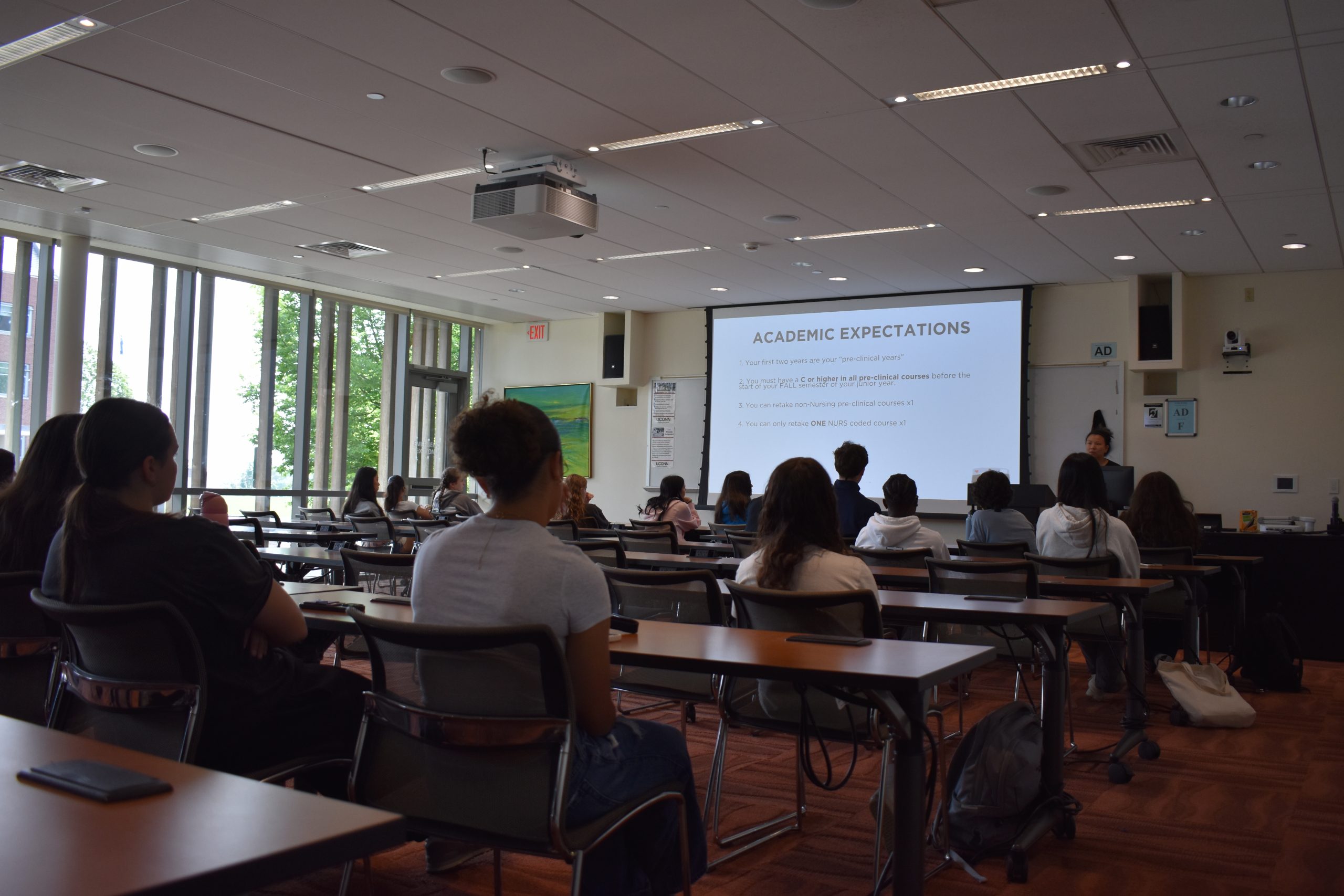Individuals who experience higher levels of food insecurity are often forced to make sacrifices in the quality of their diet. This is an issue because cheap calories are not necessarily healthy calories. As an example, you can order two cheeseburgers, medium fries and a Diet Coke® from McDonald’s for under five dollars and receive 930 calories. According to research by the BECR Center at Duke, it costs nearly $20 to get the same caloric intake from low-energy but nutritious foods such as fresh fruit and vegetables). If you are living on a fixed income, it might be hard to improve the quality of your diet, especially if you do not have enough money to buy food.
In a Zwick Center for Food and Resource Policy Outreach Report published last month, the research team of former Postdoctoral Fellow Rebecca Boehm, Associate Extension Educator Jiff Martin, CAHNR alumna and current Senior Director of Community Partnership and Programs at the Connecticut Food Bank Jaime Foster and Director of Zwick Center and Professor and Head of the Department of Agricultural and Resource Economics Rigoberto A. Lopez examined the link between food insecurity and obesity in the state of Connecticut.
The main finding from their research was that there appears to be a direct relationship between the two.


